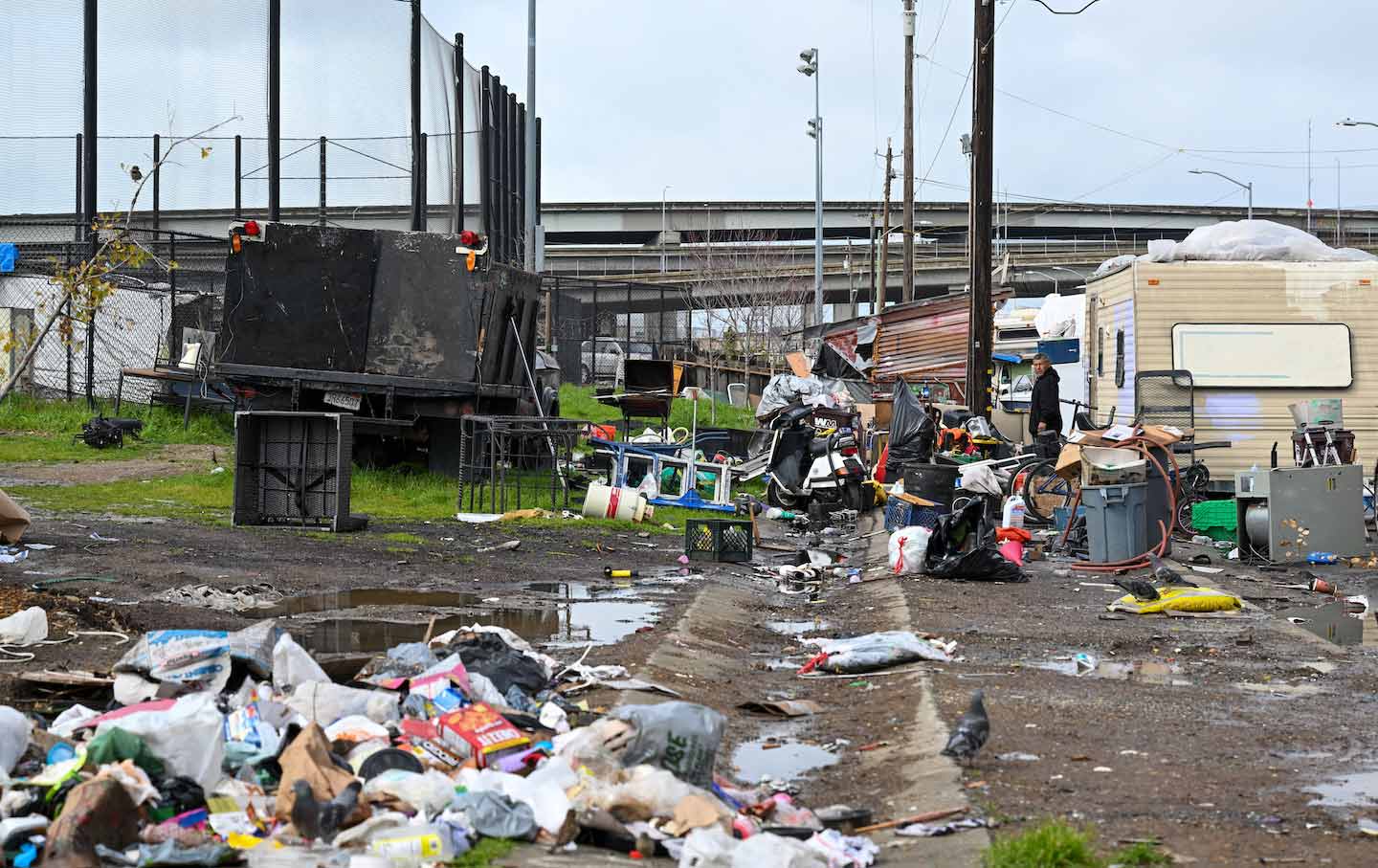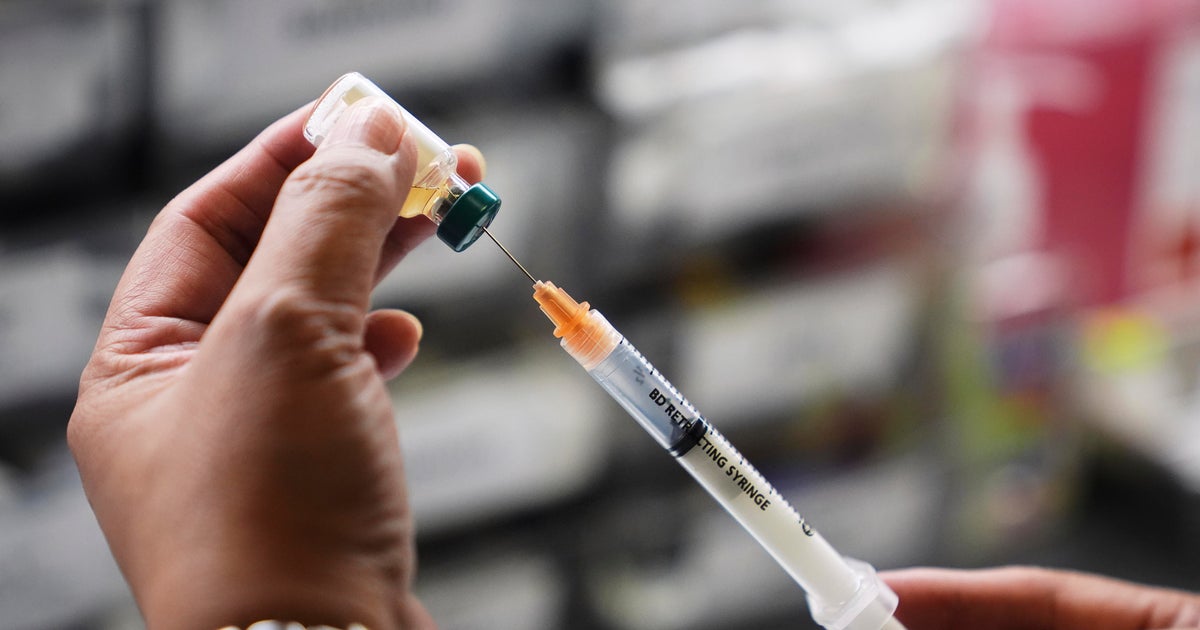
The recent federal takeover of Washington, D.C., has garnered significant media attention, yet an executive order issued on July 24, titled “Ending Crime and Disorder on America’s Streets,” has slipped under the radar. This order, while not specifically focused on policing, addresses how we treat some of the most vulnerable members of our society—those living on the streets, many of whom struggle with mental health issues or the overwhelming burden of housing costs.
The Trump administration appears to be banking on public indifference towards unhoused individuals, who are frequently stigmatized as “addicts” or simply “homeless.” This is a dangerous assumption. As the president’s order aims to eliminate what he deems “disorder,” it does so by perpetuating longstanding norms that have caused suffering for far too many.
The executive order highlights a staggering statistic: on one night last year, over 274,000 individuals were recorded as living on the streets, a record high. The order implies that the solution lies in relocating these individuals into long-term institutional settings, but it remains unclear which institutions would be involved.
We must recognize that substance use is often connected to trauma and hardship, including systemic oppression and poverty. Yet, the prevalent narrative suggests that those who experience addiction are undeserving of our empathy or support. A national survey in 2021 revealed that nearly 70% of Americans viewed problematic drug users as “outcasts” or “non-community members.” This perspective fosters an environment where individuals are further marginalized, making it easier for the administration to enact policies that effectively erase them from society.
Many of us with homes may unconsciously contribute to this cycle of dehumanization. We often avoid eye contact or cross the street to sidestep unhoused individuals, perhaps out of fear or shame. But if we reject the president’s narrative, we must also confront our own complicity. It is time to engage with our neighbors experiencing homelessness, to acknowledge their humanity, and in doing so, reclaim our own sense of community.
The executive order not only targets the unhoused but also suggests a troubling expansion of involuntary commitment practices. This raises serious ethical and human rights concerns. Many state officials, including the president, advocate for involuntary commitment as an evidence-based solution for mental illness and addiction. However, research indicates that such measures are often both ineffective and inhumane. A report from the Federal Reserve Bank of New York found that involuntarily hospitalized individuals faced a nearly doubled risk of suicide or overdose after release, raising questions about the efficacy of these policies.
Moreover, the application of involuntary commitment is not equally distributed; marginalized communities—particularly Black and Hispanic individuals—are disproportionately affected. Regina LaBelle, director of the Center on Addiction Policy at Georgetown University, argues that pushing people into a flawed treatment system will only exacerbate existing issues. This sentiment has been echoed by the American Bar Association, which has warned that the executive order paves the way for arbitrary and prolonged detention.
The response from mental health professionals has been critical. A piece in the *Psychiatric Times* highlighted that the executive order invokes fear rather than providing constructive solutions. It is clear that the underlying issue is not the presence of unhoused individuals in our communities but the systemic failure to recognize housing as a fundamental human right. As Helen Leung of the nonprofit LA Más pointed out, the crisis of homelessness is driven by economic displacement, particularly among working-class families and immigrants.
The narrative pushed by the Trump administration is one that seeks to erase the problem rather than address its roots. However, evidence suggests that providing affordable housing is a far more effective solution. Research indicates that cash assistance for housing significantly reduces the risk of homelessness, illustrating that the solution lies in addressing the housing crisis, not in punitive measures.
The president’s vague directives regarding the institutionalization of those deemed unable to care for themselves could lead to a reality where economic hardship is confused with incapacity, allowing for the further marginalization of vulnerable individuals.
As we face this crisis, it is essential to confront not just the policies coming from the top but also the societal attitudes that enable such policies to thrive. A lack of affordable housing and mental health services has led to an increasingly visible homelessness crisis, yet solutions remain elusive.
It is imperative that we advocate for a system that prioritizes compassionate care and community support over punitive measures. We must challenge the stigma surrounding addiction and homelessness, recognizing that kindness and understanding can be powerful tools for change. In a time when the very fabric of our society seems to be fraying, acknowledging the humanity of everyone, regardless of their circumstances, is not just a moral obligation—it is a revolutionary act.


